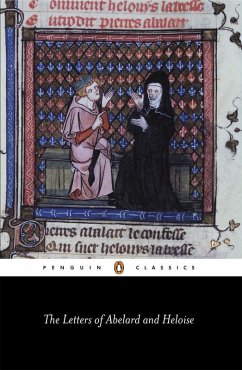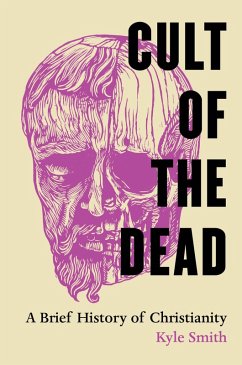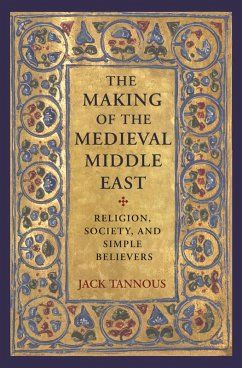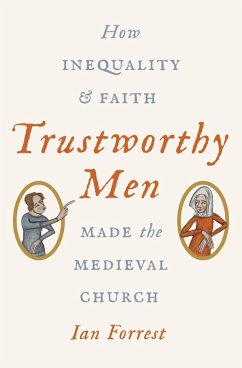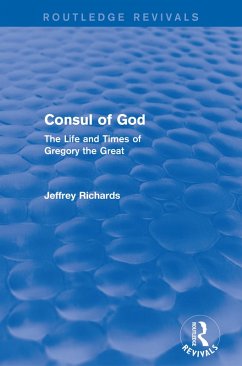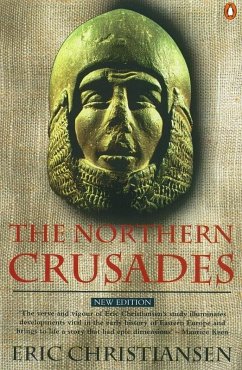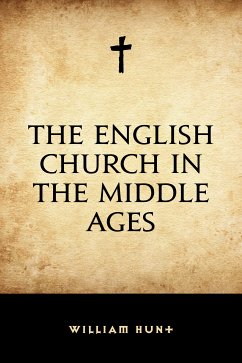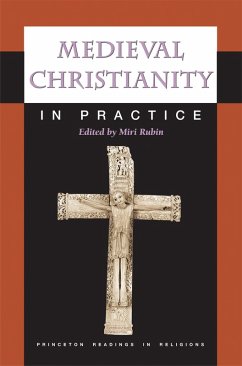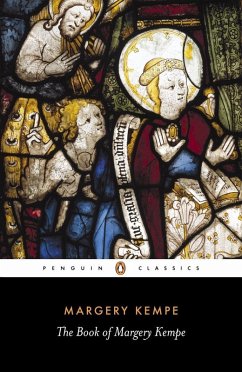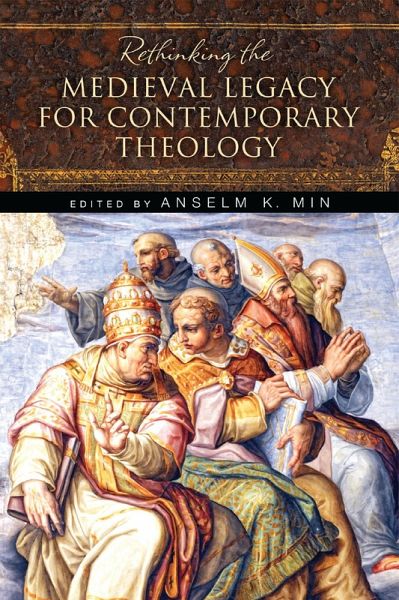
Rethinking the Medieval Legacy for Contemporary Theology (eBook, ePUB)

PAYBACK Punkte
11 °P sammeln!
In Rethinking the Medieval Legacy for Contemporary Theology, six distinguished theologians bridge medieval and contemporary theologies by developing the theological significance of medieval insights in response to contemporary issues. Their nuanced readings of medieval texts, extended to major theological issues of our time, provide examples of the retrieval of the medieval tradition, an essential part of any contemporary theological reconstruction.Barbara Newman extends the theology of perichoresis or mutual indwelling to illuminate the relationship between donor and recipient in the case of ...
In Rethinking the Medieval Legacy for Contemporary Theology, six distinguished theologians bridge medieval and contemporary theologies by developing the theological significance of medieval insights in response to contemporary issues. Their nuanced readings of medieval texts, extended to major theological issues of our time, provide examples of the retrieval of the medieval tradition, an essential part of any contemporary theological reconstruction.
Barbara Newman extends the theology of perichoresis or mutual indwelling to illuminate the relationship between donor and recipient in the case of organ transplants; Marilyn McCord Adams applies insights about divine friendship to the perennial issue of horrendous evil; and Kevin Madigan brings principles of medieval exegesis to bear on the contemporary historical critical approach to biblical interpretation. Ingolf U. Dalferth applies insights from the doctrine of divine omnipotence and creation ex nihilo to deconstruct Heidegger's limitation of the possibilities of authentic existence to historical facticity. Pim Valkenberg explores the possibilities of a theological encounter between Christianity and Islam in the works of Aquinas and Nicholas of Cusa; and Anselm K. Min applies the analogical insights of Aquinas on the nature and limits of human knowledge of God to a critique of contemporary theologies that claim to know either too little or too much about God.
Barbara Newman extends the theology of perichoresis or mutual indwelling to illuminate the relationship between donor and recipient in the case of organ transplants; Marilyn McCord Adams applies insights about divine friendship to the perennial issue of horrendous evil; and Kevin Madigan brings principles of medieval exegesis to bear on the contemporary historical critical approach to biblical interpretation. Ingolf U. Dalferth applies insights from the doctrine of divine omnipotence and creation ex nihilo to deconstruct Heidegger's limitation of the possibilities of authentic existence to historical facticity. Pim Valkenberg explores the possibilities of a theological encounter between Christianity and Islam in the works of Aquinas and Nicholas of Cusa; and Anselm K. Min applies the analogical insights of Aquinas on the nature and limits of human knowledge of God to a critique of contemporary theologies that claim to know either too little or too much about God.
Dieser Download kann aus rechtlichen Gründen nur mit Rechnungsadresse in A, D ausgeliefert werden.




